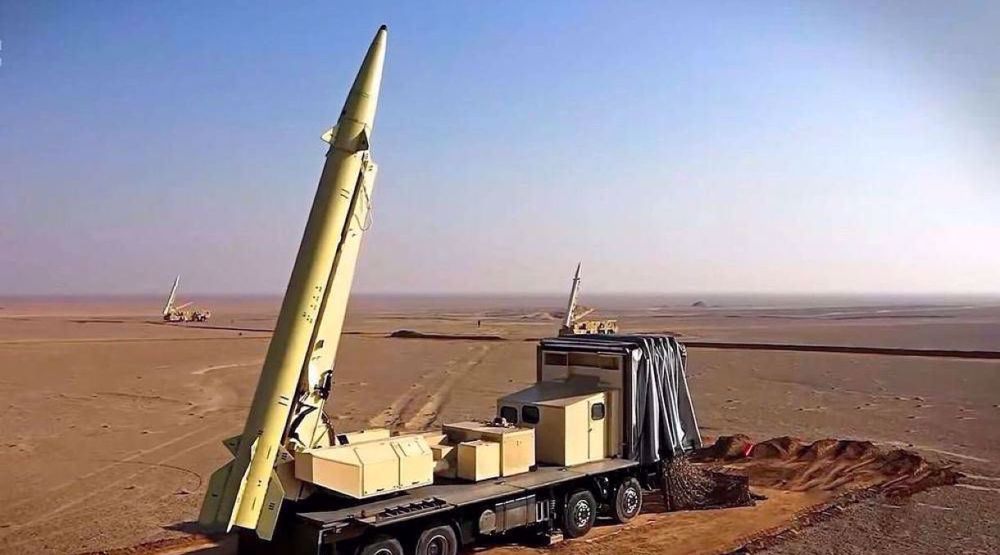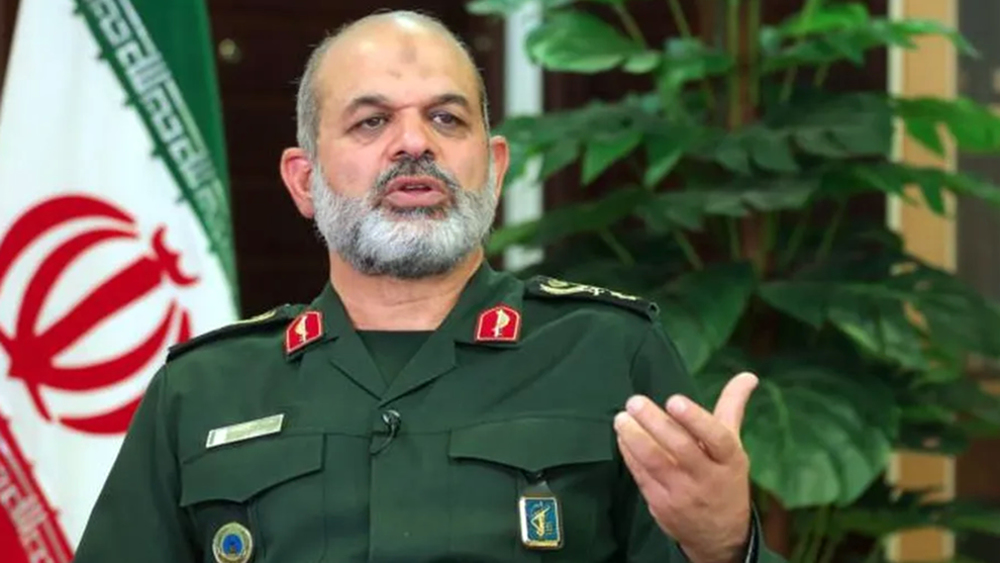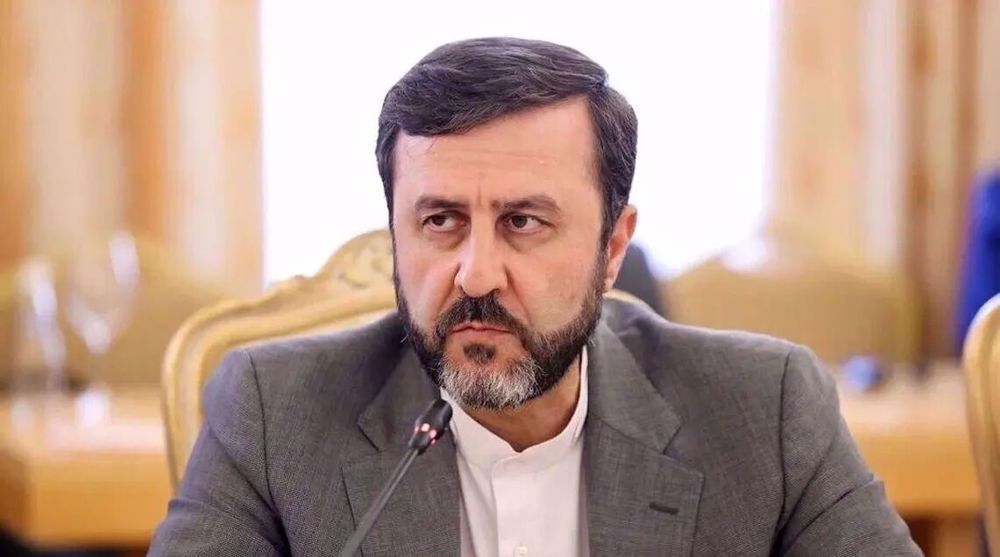JCPOA serves as model for resolving regional conflicts: Iran official
A senior Iranian diplomat says the nuclear agreement reached between Tehran and the P5+1 group of countries last July can set an example for the resolution of conflicts in the region.
“The model of negotiations and the win-win approach followed in the resolution of the Iranian nuclear issue can be employed in other issues of the region like [the ones in] Syria, Yemen and Iraq,” said Abbas Araqchi, a member of the Iranian nuclear negotiating team.
He made the remarks during a meeting with Japan’s Liberal Democratic Party in Tokyo on Thursday.
Iran and the five permanent members of the UN Security Council – the United States, France, Britain, China and Russia – plus Germany signed an agreement on the Iranian nuclear program known as the Joint Comprehensive Plan of Action (JCPOA) on July 14, 2015 following two and a half years of intensive talks.
Under the deal, which took effect in January, all nuclear-related sanctions imposed on Iran by the European Union, the Security Council and the US would be lifted. Iran has, in return, put some limitations on its nuclear activities.
Elsewhere in his remarks, Araqchi, who is the Iranian deputy foreign minister for legal and international affairs, also praised Tehran-Tokyo ties as good and rooted in history.
He said Iran and Japan enjoy the potential which can be used in further promotion of ties between the two countries in different sectors, including energy and transportation.
Following the removal of nuclear-related sanctions against Iran, the country’s economy has entered a new phase, which promises a new status for the Islamic Republic in the international scene and global economy, according to Araqchi.
The former Iranian ambassador to Japan said numerous recent visits to Iran by European officials and trade delegations from different countries as well as the signing of several cooperation agreements indicate a positive change in Iran’s position.
He also expressed optimism that Japanese Prime Minister Shinzo Abe’s future visit to Iran would signal a boost in the relations between the two countries.
Abe plans to visit Iran in late August to strengthen economic ties between Tokyo and Tehran, according to reports by Japanese media. He will be the first Japanese prime minister to visit the Islamic Republic in 38 years.
During the meeting, Masahiko Komura, the vice president of the Japanese party, also hoped for further expansion of ties between the two countries.
Araqchi, who is in Japan to attend a meeting of the Center for International Public Policy Studies, also sat down with Japan’s Deputy Foreign Minister Shinsuke Sugiyama, during which they discussed different issues, including bilateral relations.
VIDEO | UNMHA exit: A legacy of failure in Hudaydah as violations persist
VIDEO | Winter hardships deepen suffering in occupied West Bank
VIDEO | Homes under occupation: When living rooms become military posts
War could reach your own doorsteps: Iraqi anti-terror group warns Iran’s enemies
IRGC: Iran holds upper hand in determining any war’s endgame
'Fingers on trigger': Iran warns of strong response while signaling openness to 'fair' deal
Iran’s power makes any hostile military action 'high-risk': IRGC deputy cmdr.
India's PM Modi pays tribute to veteran politician killed in plane crash












 This makes it easy to access the Press TV website
This makes it easy to access the Press TV website